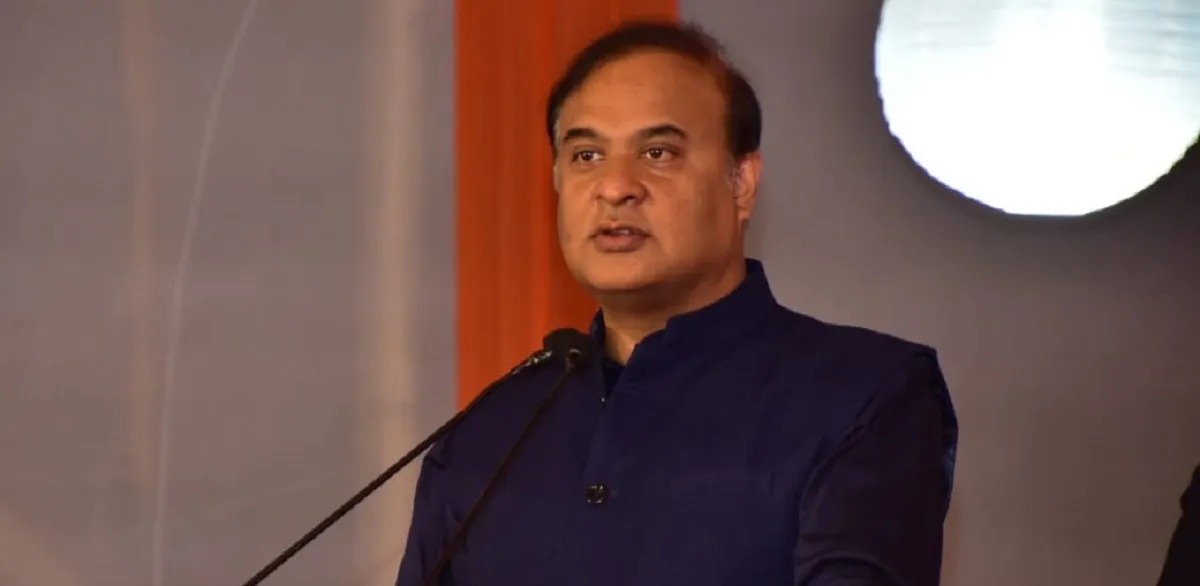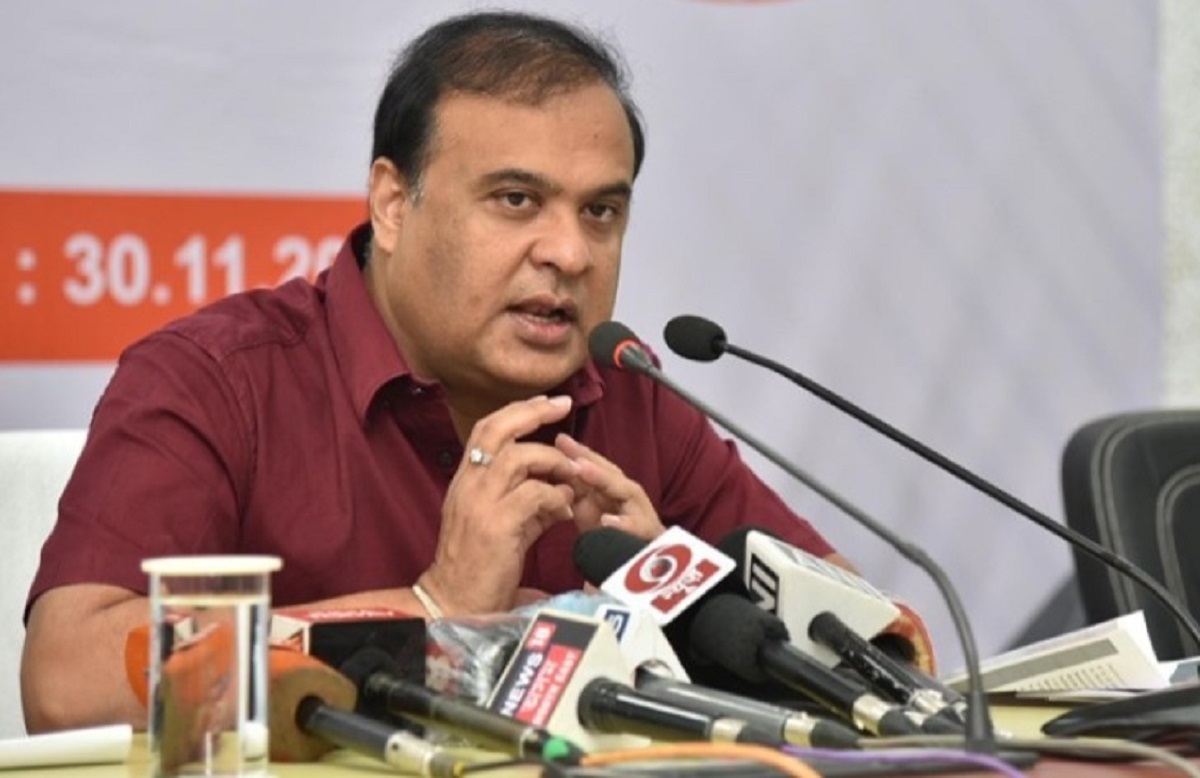The Assam State government has rolled out a novel zero-premium health insurance scheme that would cover state staff and their families with cashless medical cover without burdening them with a premium. Chief Minister Himanta Biswa Sarma introduced the welfare package on Wednesday, describing it as a way to provide staff with financial stability in the event of unforeseen medical emergencies. At the program’s introduction, Sarma declared, “This is a unique initiative designed to provide state employees with financial security and peace of mind in times of medical emergencies.”
More than four lakh state employees and their families would be facilitated through the zero-premium scheme for cashless treatment in a network of empanelled hospitals. Detailed coverage includes surgeries, critical illness, maternity care, and many other medical needs so that employees can focus on their health without concern about the cost of the treatment. Importantly, the scheme extends its safety net even to emergency cases treated in non-empanelled hospitals. In such cases, the state would provide reimbursement for expenses, thus giving wider flexibility to ensure no employee is left without treatment in an emergency.
To ensure that employees receive hassle-free health care services, the state government has streamlined the program with top hospitals and insurance providers. This will make it possible to guarantee that they receive top-notch medical care promptly. Workers in the public sector and their unions have enthusiastically embraced this approach. These groups have long called for improved healthcare, and for the most part, this zero-premium proposal represents a significant advance. In addition to improving employee wellbeing, the Assam government’s efforts to ease the burden of healthcare also increase public sector morale and productivity. This program emphasizes a comprehensive commitment to welfare and is viewed as something that other governments should follow.




